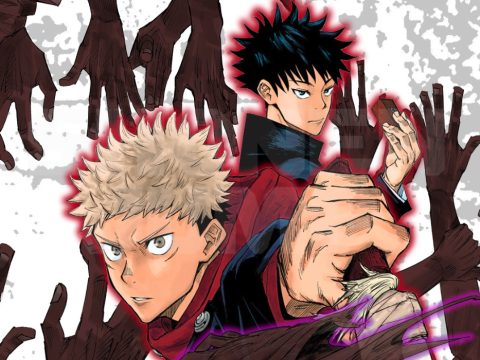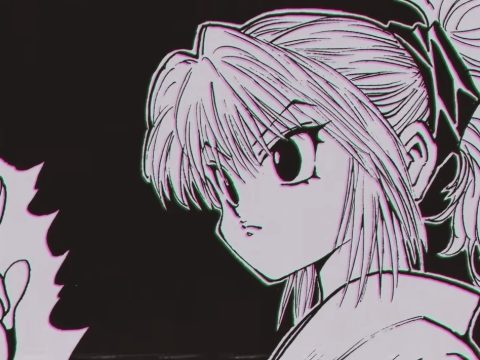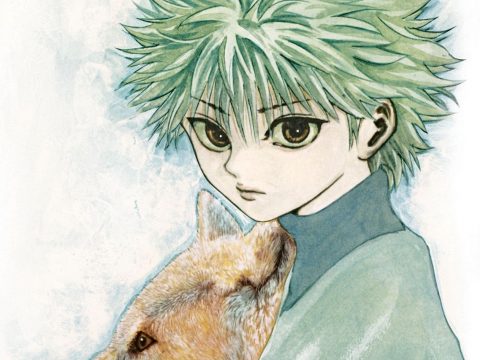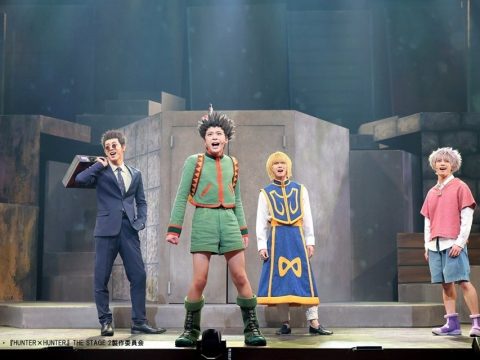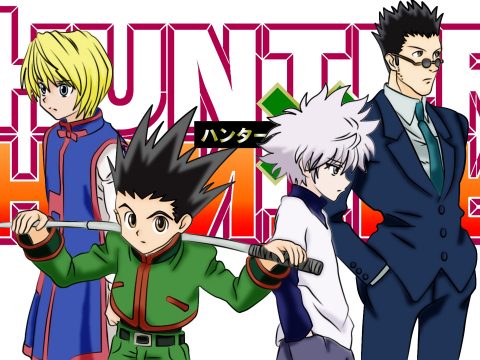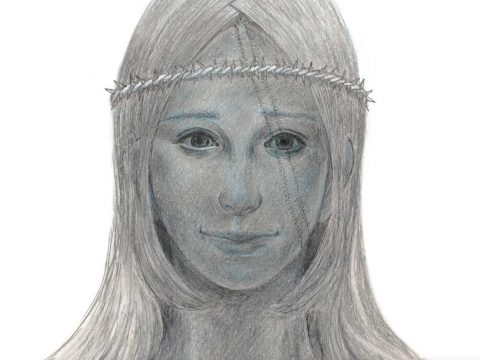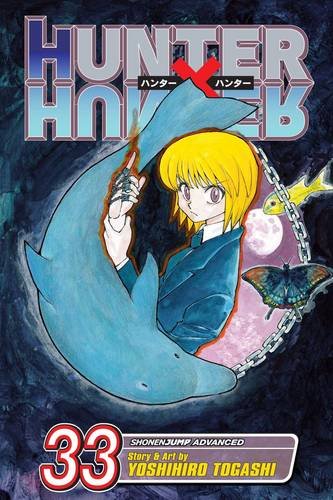 Though the Chimera Ant and Chairman Election arc did plenty to develop the world of Hunter x Hunter, both saw Yoshihiro Togashi sidelining the series’ early focus on high adventure and universe-building to better focus on certain questions of identity, motivation and morality—which he had been poking at as far back as Yu Yu Hakusho—while exploring more fully the internal worlds of the many, many cast members. With the 33rd volume of Hunter x Hunter, however, his attention returns to that same kind of high adventure that was the series’ first love, and in doing so increases the scope of the world by several orders of magnitude.
Though the Chimera Ant and Chairman Election arc did plenty to develop the world of Hunter x Hunter, both saw Yoshihiro Togashi sidelining the series’ early focus on high adventure and universe-building to better focus on certain questions of identity, motivation and morality—which he had been poking at as far back as Yu Yu Hakusho—while exploring more fully the internal worlds of the many, many cast members. With the 33rd volume of Hunter x Hunter, however, his attention returns to that same kind of high adventure that was the series’ first love, and in doing so increases the scope of the world by several orders of magnitude.
The king of Kakin and Beyond’s announcement that they will be launching an expedition to the forbidden Dark Continent has sparked an international firestorm and sent the V5, the Hunter x Hunter universe’s analog for the United Nations, scrambling to contain the damage. The Dark Continent is forbidden for good reason: every journey there has resulted in the discovery of an entity, a curse or a disease that makes the chimera ants, themselves native to the continent, seem benign by comparison; the massive outpouring of interest and support Kakin’s announcement has drummed up seems destined to overturn the already fragile balance of the world’s powers. The members of the Zodiac—now bolstered by the addition of Kurapika and Leorio—gather at the behest of their clients in the V5 to hunt Beyond, the royal family of Kakin prepares for fratricidal war, and Ging joins Beyond and Pariston’s gang so that he might keep an eye on the rat. Exploring the Dark Continent is Ging’s dream, after all: it wouldn’t do to let someone as mischievous as Pariston spoil this once-in-a-lifetime opportunity.
While Togashi’s focus may have expanded, he has not forgotten the lessons he learned while writing those earlier, more philosophical arcs, nor has he abandoned the grim tone that characterized so much of both. The world of Hunter x Hunter has always seemed especially cruel, but the horrors that await travelers to the Dark Continent are an order apart. The few glimpses we are given of its flora and fauna—the best arriving in a two-page spread that shows how minuscule even Netero at his prime was in this land—suggests a world so alluring in its mystery that you immediately understand why these men and women feel compelled to explore it and yet so inhospitable it is absurd that even the strongest of them hopes to last a minute there, let alone an entire expedition.
The design of the world-wide threats are particularly inspired. There is something truly ghastly about the forms of the gaseous Ai, the twisted serpent Hellbell and the human-ensnaring Pap; something uncertain and alien that suggests they are so beyond any frame of reference or reasoning that we understand that contending with them is pointless.
The conflicts have grown to reflect this change in scope, as well. While there is a good deal of focus on wordy interpersonal disputes that highlight the many philosophical conflicts between characters (Pariston and Ging’s interplay is a particular treat, while the contest between Kakin’s many princes seems rife with the kind of twisted human drama that showcases Togashi’s nuanced understanding of human psyche), there is also a grand deal of politicking. Earlier arcs had hinted at just how bleak the international situation was, with emphasis on rampant poverty, internecine warfare and organized crime with a global reach, but the beginning of this arc makes clearer how delicate the global situation is. It’s a fascinating move that looks set to expand on so much of what made the Chimera Ant such a tour-de-force.
Hunter x Hunter has long been the most compelling and ambitious shonen series running, one that justifies every of the many hiatuses Togashi has taken in its long run, and this volume, which fulfills so much of Togashi’s promise even as it offers a million more, provides ample evidence that it should continue this streak for ages to come.
Story & Art: Yoshihiro Togashi
Publisher: Viz Media
Rating: Teen Plus
© POT (Yoshihiro Togashi) 2014, 2016


